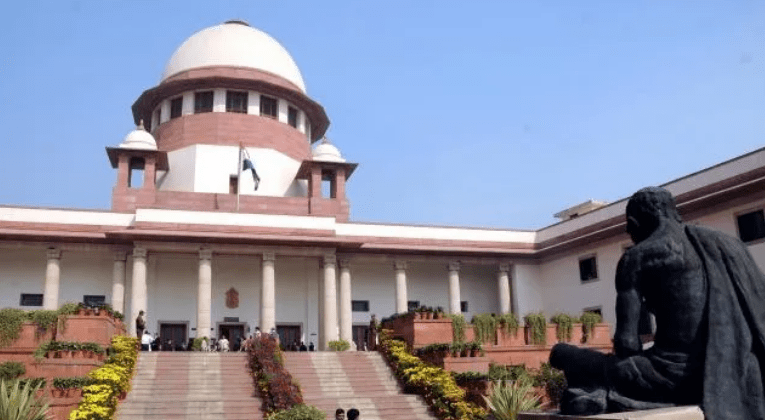
A judgment by the Punjab and Haryana High Court that had lowered the sentence of a person found guilty of reckless and negligent driving was recently overturned by the Supreme Court of India. The Supreme Court’s decision emphasizes the significance of holding negligent drivers accountable for their conduct and strongly conveys to the general public the need to adhere to traffic regulations.
A guy was engaged in the case who had already received a two-year prison term from a lower court for killing a pedestrian while driving under the influence of alcohol. Later, the Punjab and Haryana High Court reduced his punishment to just one year, citing favorable factors such the victim’s illegal crossing of the street.
The Supreme Court, however, held that the ruling of the high court was incorrect and that the man’s acts were exceedingly careless and perilous. The appellate court noted that the accused had been speeding, breaking traffic laws, and driving while intoxicated at the time of the collision. The victim’s conduct did not relieve the accused of guilt for the disaster, the court further noted.
The Supreme Court of India cited a number of significant precedents in its decision to overturn the Punjab and Haryana High Court’s decision to lessen the sentence of a person found guilty of reckless and negligent driving. These decisions gave insight on how the law should be applied in reckless driving cases and assisted in establishing the legal grounds that supported the apex court’s decision.
State of Himachal Pradesh v. Sanjay Kumar, which addressed whether the driver’s intoxication was a mitigating element in a case of reckless driving, was one of the decisions the Supreme Court cited. The judge in the instance ruled that the driver should be held entirely accountable for his acts and that his intoxication did not lessen his guilt.
State of Karnataka v. Narasimhaiah established the rule that a driver’s negligence might be inferred from the facts of the case, which was another decision the Supreme Court cited. In that case, the court determined that the driver’s failure to use reasonable caution while operating a motor vehicle—such as maintaining a reasonable speed and maintaining a proper lookout—was proof of his negligence.
The case of Kishan Singh v. State of Rajasthan, which established the rule that the accused is nonetheless accountable for causing the accident regardless of how the victim behaved, was also cited by the Supreme Court. In that instance, the court determined that the accused might still be held accountable for his acts even if the victim contributed to the accident in some way.
The Supreme Court was able to establish a clear legal framework for establishing the guilt of negligent drivers and for deciding the proper punishments for individuals who injure others via their activities by relying on these cases. The court’s ruling serves as a warning that reckless driving is against the law and that individuals who indulge in it will be held legally responsible for their acts.
The Supreme Court’s ruling reiterates the significance of strictly enforcing traffic laws and of penalizing offenders. It is crucial that those who indulge in reckless driving are held accountable for their conduct because it can seriously hurt innocent bystanders. The decision also serves as a reminder to the general public that driving is a privilege, not a right, and that it entails a duty to do it safely and with care for other road users.
Overall, the Supreme Court’s ruling in this case is a triumph for justice and accountability and makes it very apparent that the legal system will not put up with irresponsible driving. The goal of this decision is to make Indian roadways safer for everyone by acting as a deterrent to other people who might consider engaging in risky driving behaviours.
Name- Sarah Garima Tigga Semester VI (BA LLB), College: Symbiosis Law School (Pune)





0 Comments